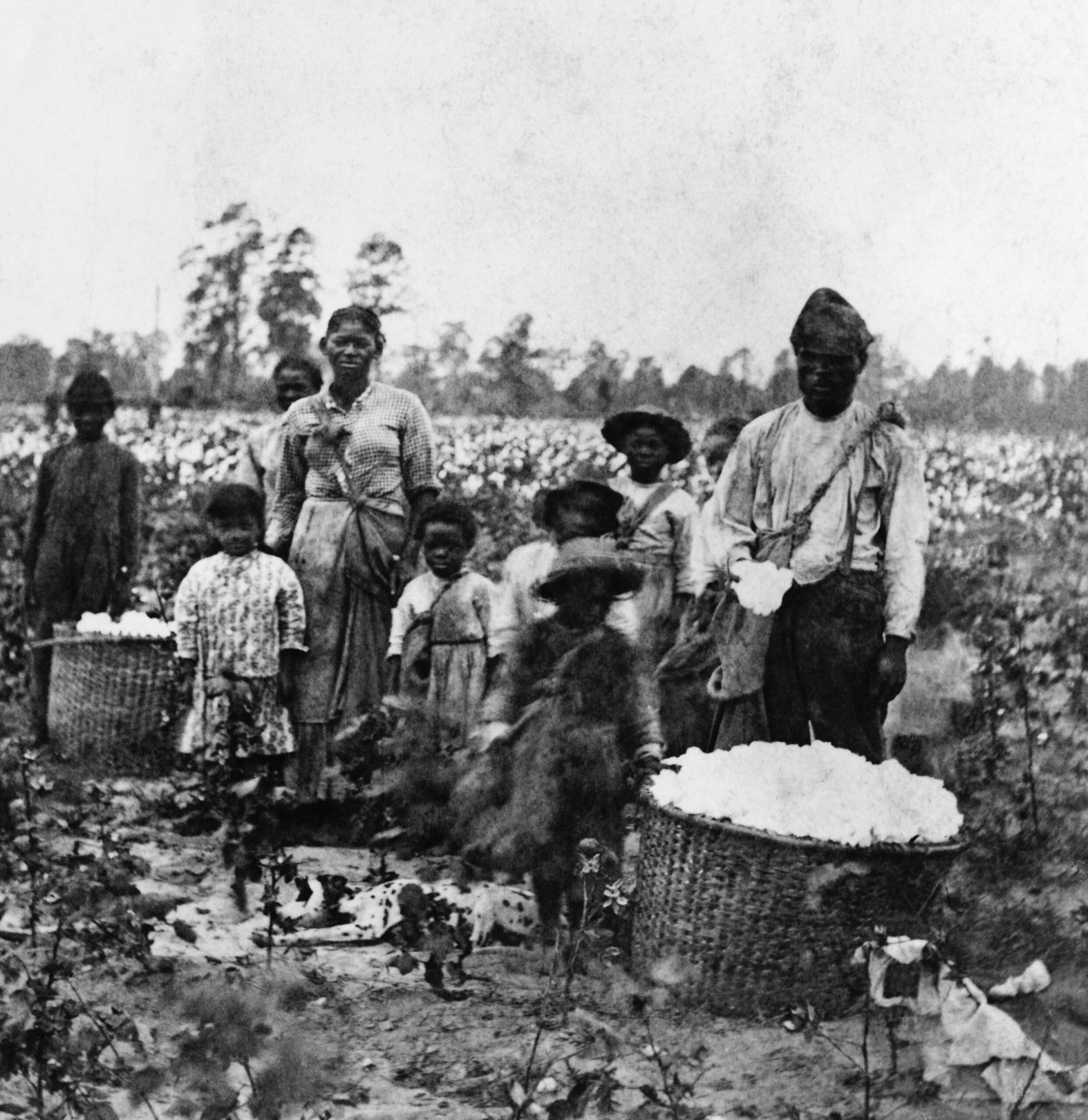Bahá’í teachings encompass a broad spectrum of spiritual, social, and ethical principles, among which the views on slavery deserve an in-depth examination. Enshrined within the Bahá’í faith are concepts of unity, justice, and the intrinsic dignity of every human being. This reflection aims to navigate the critical discourse surrounding slavery, particularly through the lens of Bahá’í principles, elucidating how these tenets champion the ideals of freedom and equality.
From the inception of the Bahá’í faith, the writings of Bahá’u’lláh, the Founder of the religion, elucidate the abhorrence of human bondage. Slavery, which has plagued various societies throughout history, is unequivocally denounced. The notion that all individuals are created equal is a cornerstone of Bahá’í belief. This perspective is grounded in the understanding that every person possesses an inherent nobility, an abiding soul that transcends socio-economic status or racial background.
Bahá’u’lláh’s teachings articulate the following critical reflections regarding slavery:
- The Oneness of Humanity: Central to the Bahá’í doctrine is the principle of the oneness of humanity. The belief posits that all people, regardless of race or class, are members of one global family. Slavery, which inherently creates a hierarchy and division among people, stands in stark opposition to this tenet. Such divisions are antithetical to the notion that humanity is indivisible.
- The Call for Justice: Justice is another paramount theme in Bahá’í teachings. The faith advocates for an equitable society wherein the rights of all individuals are preserved and honored. The systemic injustices inherent in slavery are thus condemned. Bahá’í texts urge followers to actively engage in efforts that promote social justice and rectify historical wrongs such as slavery.
- Empowerment and Liberation: Bahá’í writings emphasize the importance of empowerment, particularly for marginalized and oppressed individuals. The faith promotes education and self-reliance as pathways to liberation. By focusing on uplifting those who have experienced the dehumanization of slavery, Bahá’ís are called to contribute to a more just and equitable society.
- Historical Context: Understanding the history of slavery is crucial to recognizing the ongoing impact it has on contemporary society. The Bahá’í faith acknowledges the cultural and social ramifications of slavery even today, advocating for a collective memory that honors those who suffered while promoting healing and reconciliation.
The acknowledgment of slavery’s historical injustices also resonates with the concept of collective responsibility inherent in Bahá’í beliefs. It is imperative for communities to engage in critical reflections on their histories, confronting injustices that have persisted over generations. Histories of slavery and oppression serve as poignant reminders of the need for vigilance in ensuring that such atrocities are never repeated.
Education is a critical element in the Bahá’í perspective on overcoming the legacy of slavery. As Bahá’u’lláh emphasized, knowledge is an indispensable tool for the emancipation of the human spirit. Educational initiatives aimed at fostering understanding and appreciation for diversity can mitigate the remnants of division wrought by slavery. A commitment to lifelong learning encourages individuals to challenge inherent biases, affirming that ignorance, particularly about the past, perpetuates cycles of prejudice.
Moreover, the Bahá’í faith espouses the necessity for systematic change. Individual actions, while essential, must be undergirded by structural reforms to dismantle the very foundations that sustain oppression. This aligns with the belief in collective action to establish a just global society. The Bahá’í community engages in various outreach programs that seek to address inequalities rooted in historical injustices, including those originating from slavery.
The intersection of faith and activism is a significant focus within Bahá’í teachings. Followers are called to embody the principles of their faith through active engagement in community service and social action. This engagement is not limited to individual efforts; it encompasses collective endeavors aimed at ameliorating conditions for those affected by systemic oppression. Such actions reflect a holistic understanding of faith that transcends mere belief, manifesting in tangible contributions to society.
The Bahá’í approach to addressing the legacies of slavery is further enriched by its emphasis on dialogue. Constructive conversations about difficult histories and their ramifications foster mutual understanding and reconciliation. Engaging in such dialogue invites diverse perspectives, facilitating an environment in which collective healing may flourish. The Bahá’í community actively promotes this kind of dialogue to facilitate a deeper understanding of diverse narratives surrounding slavery.
In conclusion, reflecting upon slavery through the lens of Bahá’í teachings reveals a profound commitment to the ideals of unity, justice, and dignity. Slavery, as an affront to the essence of humanity, is unequivocally rejected. Followers of the Bahá’í faith are called to partake in actions that honor the spirit of freedom, work toward social justice, and educate others. This reflection is not merely a theoretical exploration but a pragmatic approach to ensuring that the lessons learned from history propel society toward a future rooted in compassion, equity, and mutual respect for all. The ongoing commitment to eradicate the remnants of slavery’s legacy exemplifies the Bahá’í vision of a harmonious world, where every individual is celebrated for their humanity.
